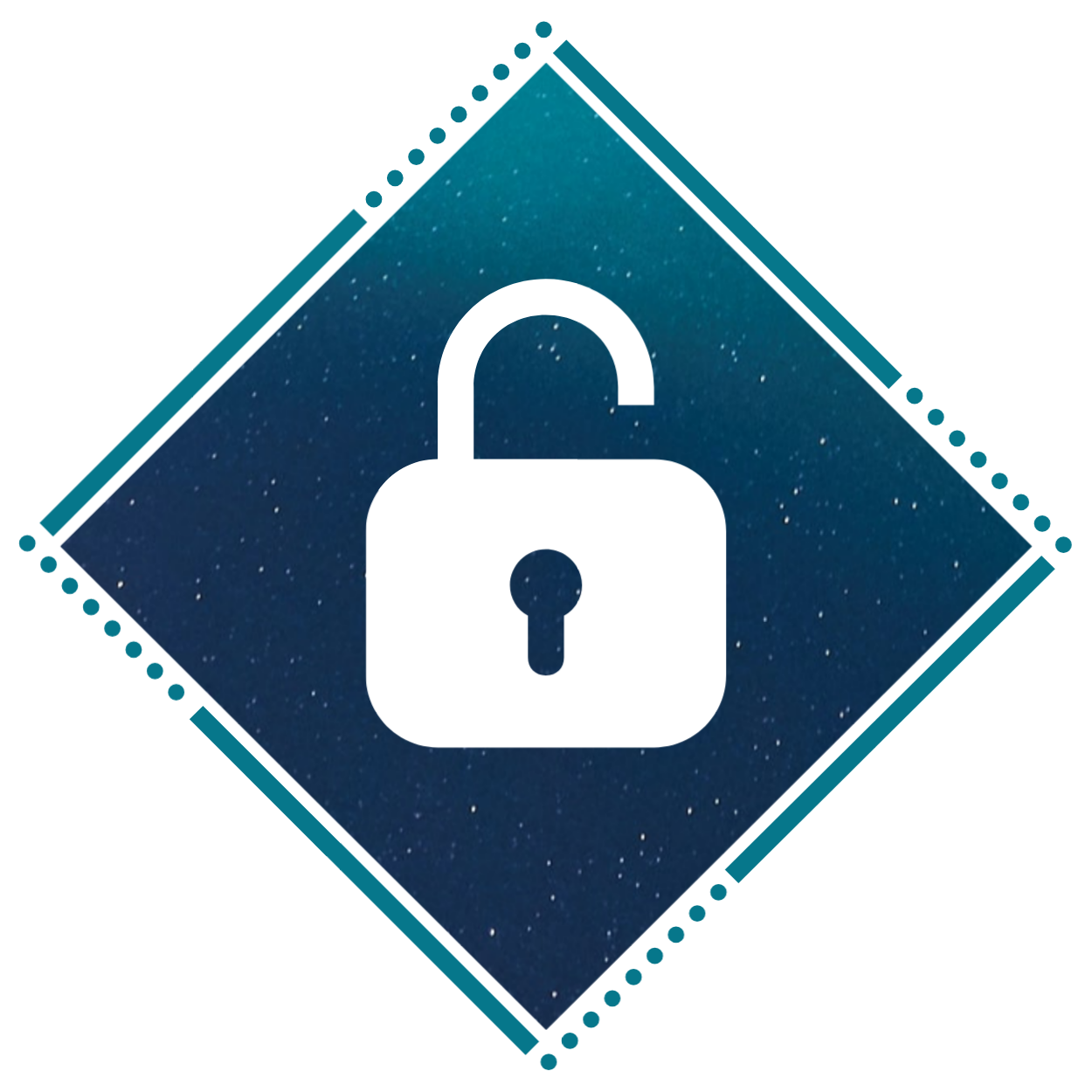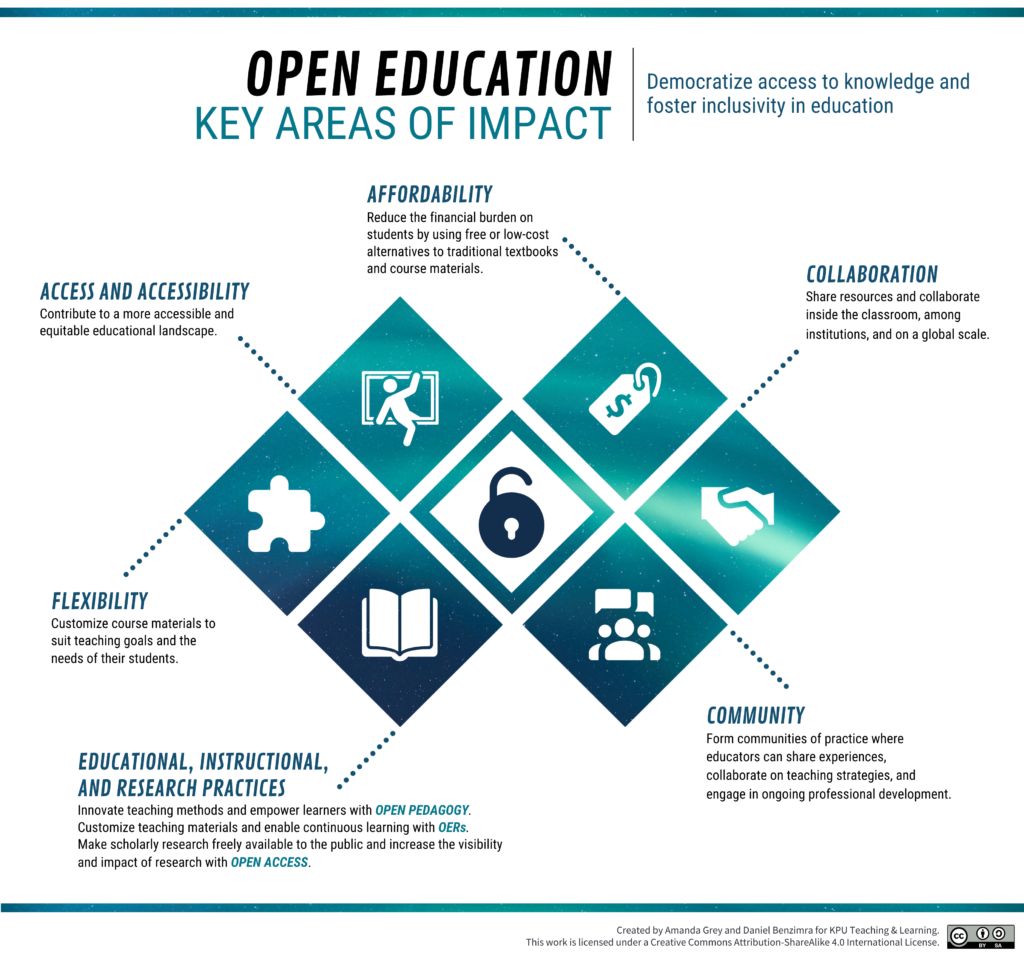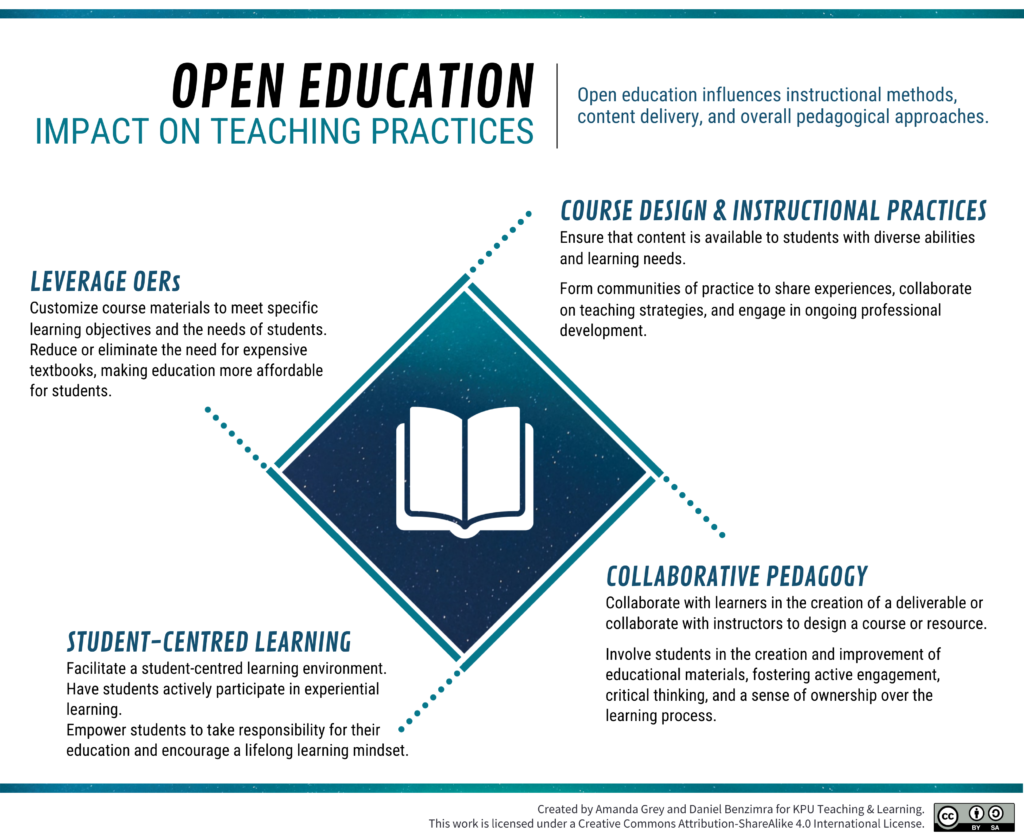What is Open Education?
Education is a fundamental human right, but for many people there are barriers to access it. Open education as an overall movement seeks to lower or eliminate as many of those barriers as possible.
What is Open Education?
To learn what open education is, start with the driving philosophy behind this work, the core principles that help define whether something is “open education” and give a few examples of how those principles can be applied to different areas of education.
Further Reading
Further Training
If you’re looking to deepen your understanding of open education, below are some professional development opportunities.
Support at KPU
KPU Open is available to answer any questions you have about open, to provide training and resources, and to consult on how you can incorporate open practices.


